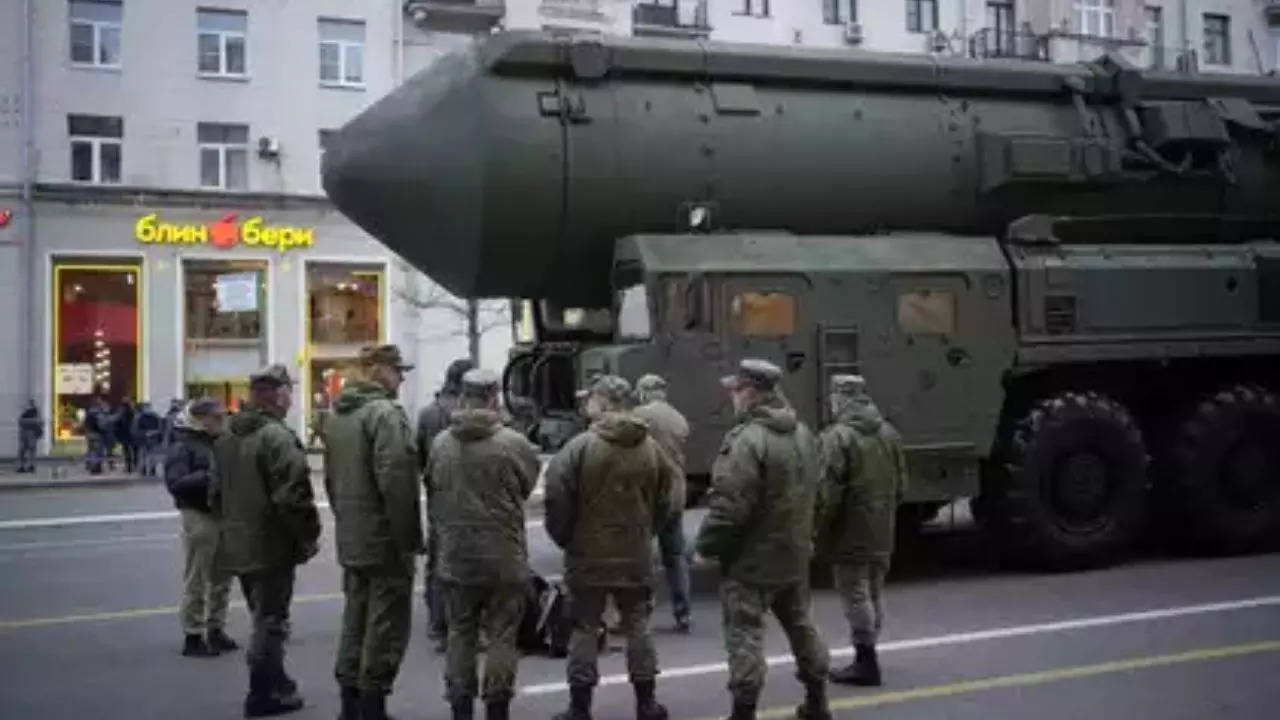After the fall of the Soviet Union, Ukraine, which inherited a significant nuclear stockpile, made the decision to relinquish its nuclear weapons due to financial burdens and geopolitical risks. The 1994 Budapest Memorandum, which promised security guarantees to Ukraine, proved unreliable in the face of Russia’s annexation of Crimea and support for separatists in Ukraine. The current Russia-Ukraine conflict underscores the vulnerabilities of Ukrainian security without nuclear deterrence. The repercussions of Ukraine’s disarmament are evident as it navigates through ongoing tensions with Russia. The decision to give up nuclear weapons continues to shape Ukraine’s national security strategy, with the country relying on international alliances and diplomatic efforts to safeguard its sovereignty. The implications of Ukraine’s nuclear disarmament serve as a cautionary tale for other nations considering similar actions. The delicate balance between security and disarmament remains a pressing issue in global politics, particularly in regions with complex geopolitical dynamics like Eastern Europe. Ukraine’s experience serves as a stark reminder of the challenges and risks involved in nuclear disarmament, shedding light on the intricate web of alliances and power dynamics at play in the international arena.

Posted in
JUST IN
Ukraine’s decision to forgo nuclear weapons exposed vulnerabilities amid Russia conflict: Analysis.
In Trend



















